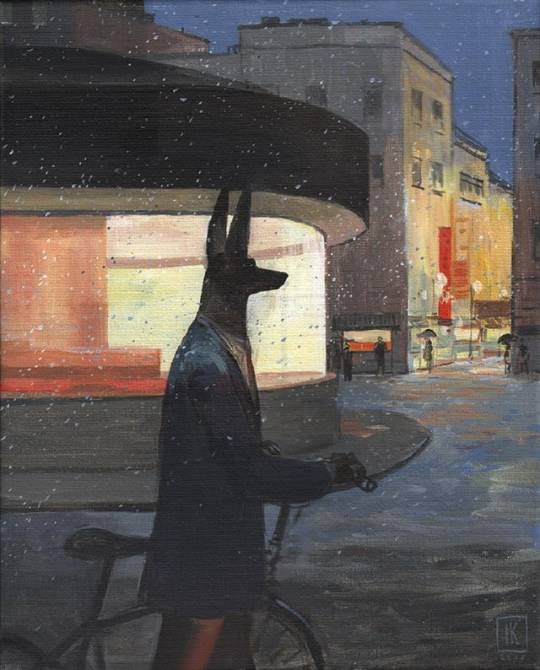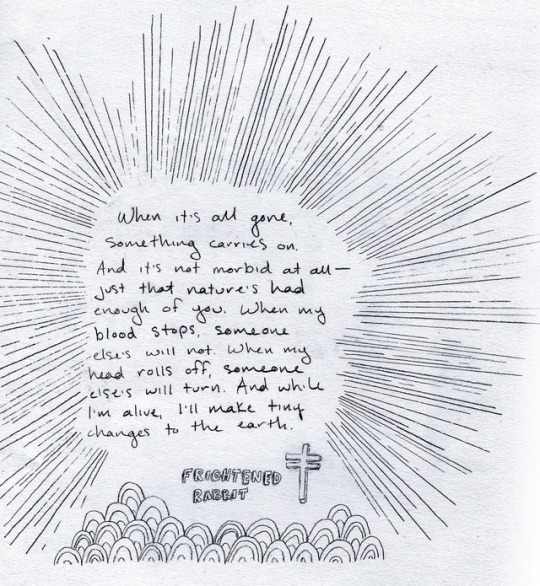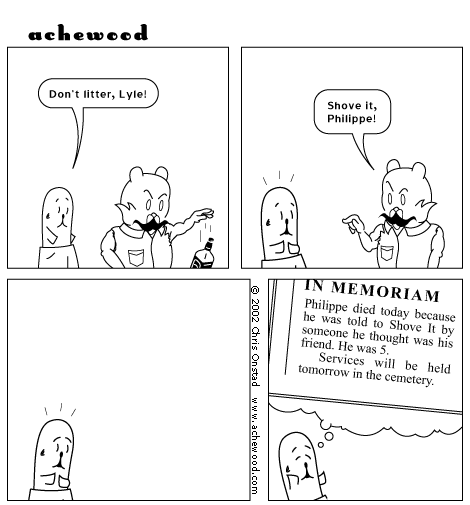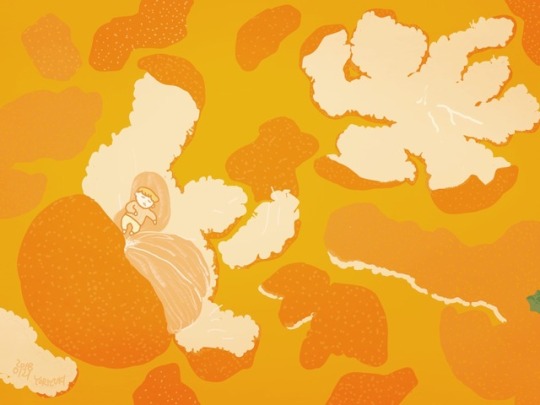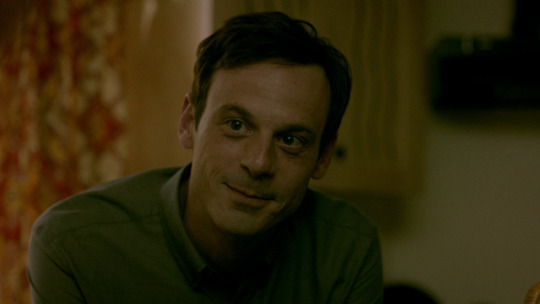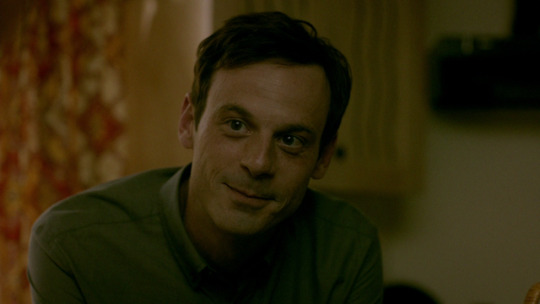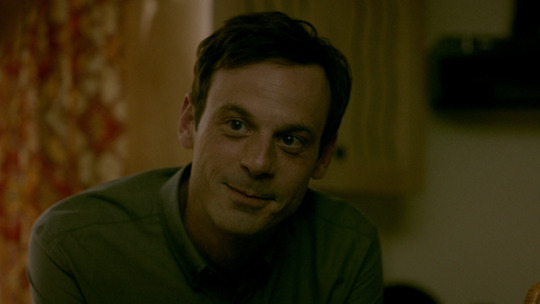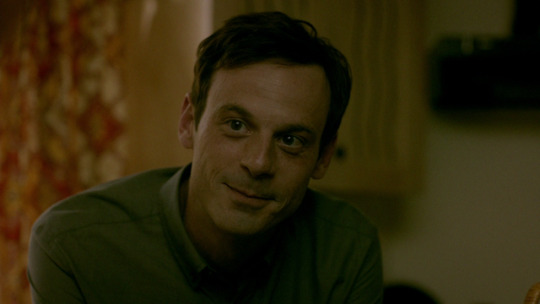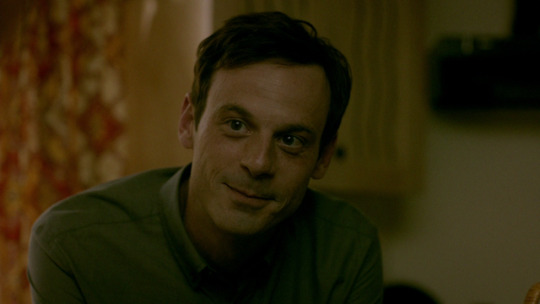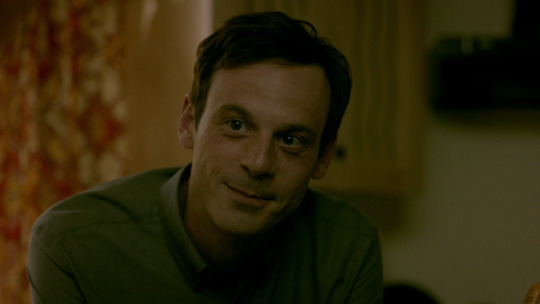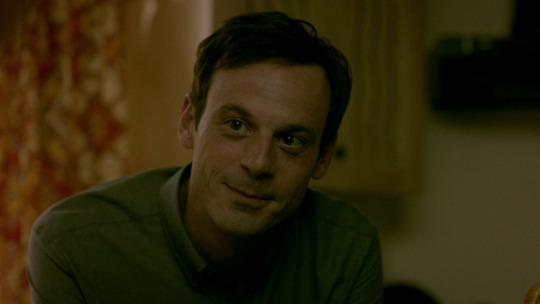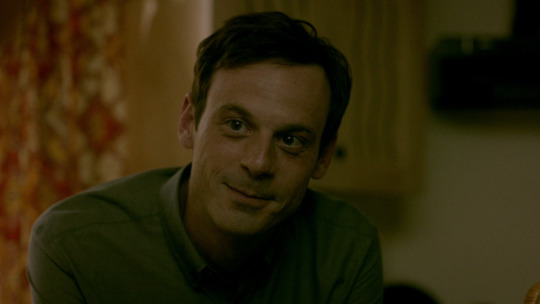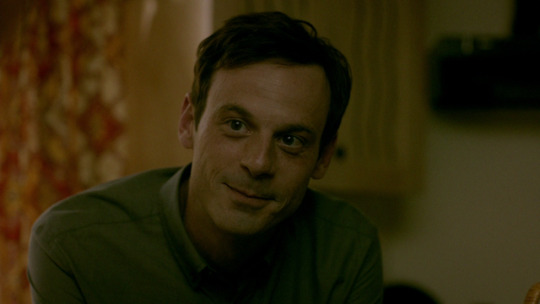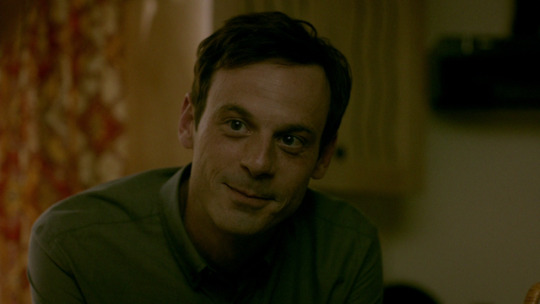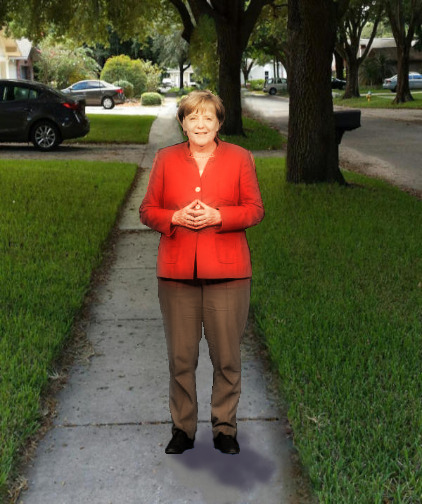Photo
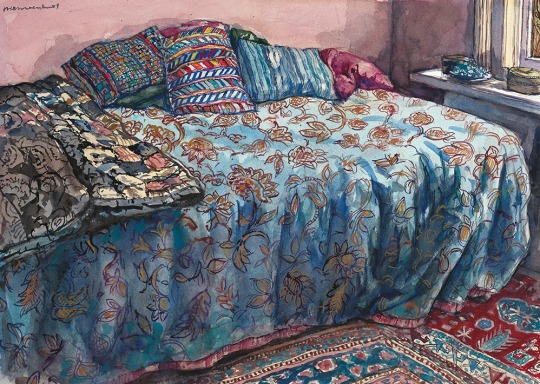
The bed in the side room with pillows embroidered on it by Paula - Jaap Nieuwenhuis , 2005,
Dutch, b. 1927-
Watercolour, 35 x 50 cm
1K notes
·
View notes
Photo
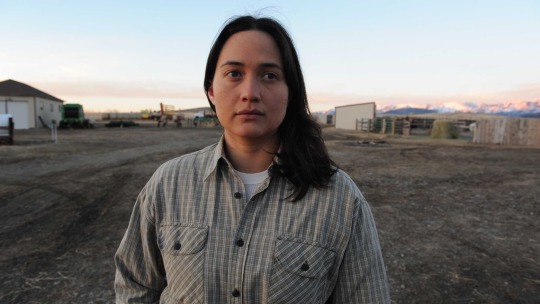




“In an almost silent performance, Gladstone conveys a level of muted intensity wholly comparable to Liv Ullmann or early Hollywood icon Janet Gaynor. Her knack for carefully expressing a host of emotions through tiny details played across the face would make Julianne Moore proud. Gladstone possesses a strange majesty and remains in complete control of Jamie’s unruly feelings. Her eyes alight like magnetic fields as her voice slips with veiled excitement, signaling immense heartache through careful calibration. Her performance requires us to pay a great deal of attention to the detail and implication laid out across her expressive face, but the final result is a nothing less than a vigorously full-bodied creation.” — John Guerin
In Certain Women, Lily Gladstone gives one of the decade’s best performances. Here’s why.
2K notes
·
View notes
Photo
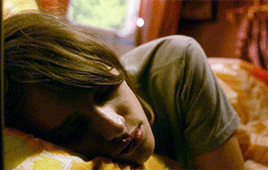

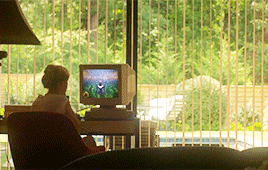
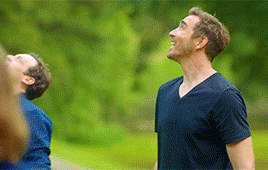
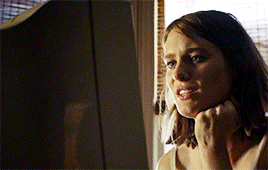
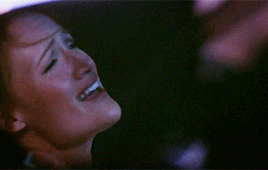
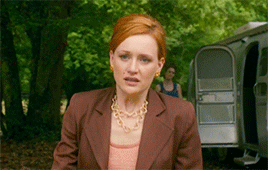
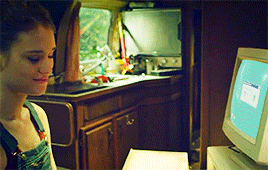
“You grow stronger at the broken places.“ –Halt and Catch Fire 406
112 notes
·
View notes
Photo
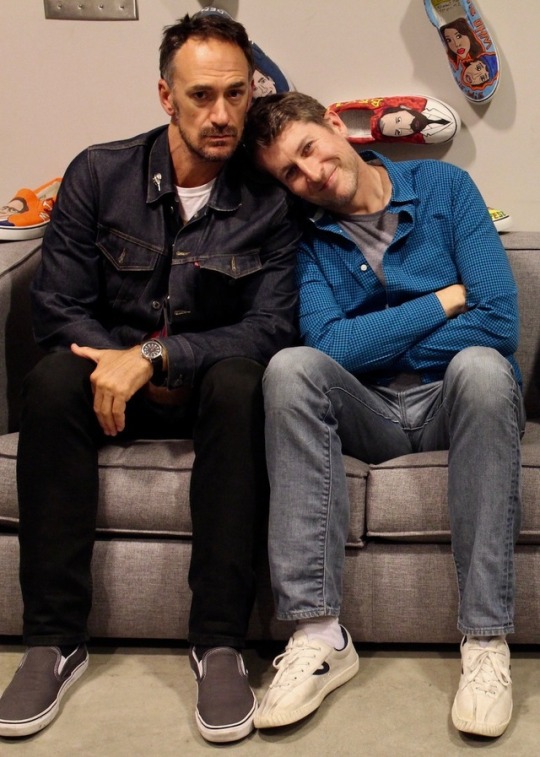
father & son reunited
#comedy bang bang#cbb#scott aukerman#seth morris#lol scott looks so boyish and small here next to seth
29 notes
·
View notes
Photo




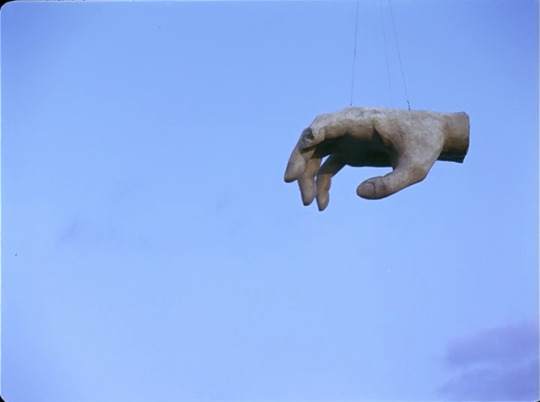
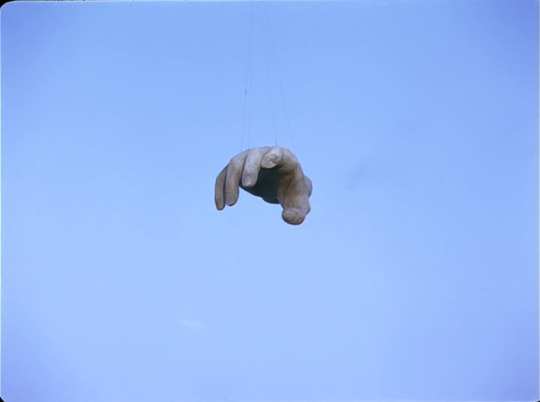


Landscape in the Mist (Theodoros Angelopoulos, 1988)
95K notes
·
View notes
Photo
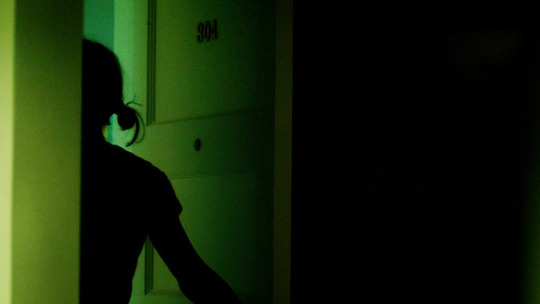
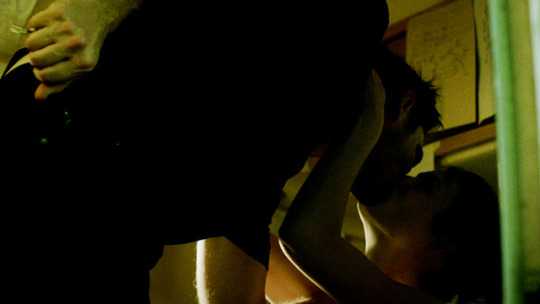
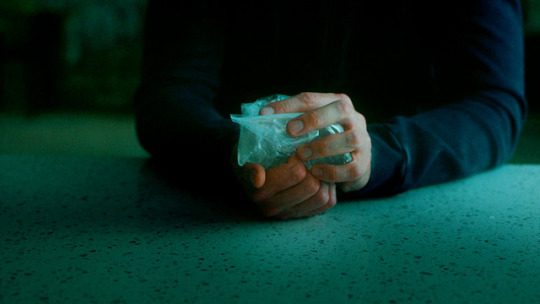

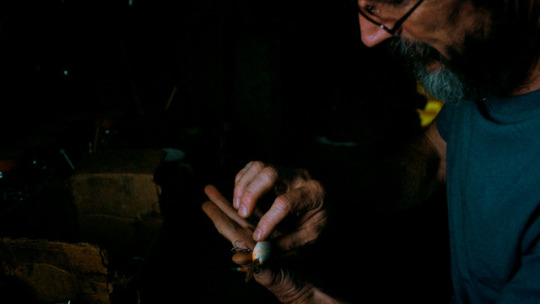
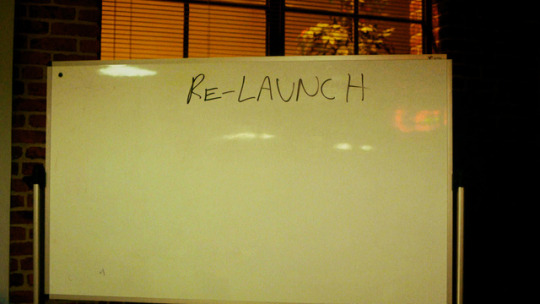
What can I tell you, Joe? Shit changes fast.
#halt and catch fire#hot take: what started out as a mad men knockoff ended up surpassing it........ don't @ me
40 notes
·
View notes
Link
By the end of my first year abroad, I read US newspapers differently. I could see how alienating they were to foreigners, the way articles spoke always from a position of American power, treating foreign countries as if they were America’s misbehaving children. I listened to my compatriots with critical ears: the way our discussion of foreign policy had become infused since September 11 with these officious, official words, bureaucratic corporate military language: collateral damage, imminent threat, freedom, freedom, freedom.
Even so, I was conscious that if I had long ago succumbed to the pathology of American nationalism, I wouldn’t know it – even if I understood the history of injustice in America, even if I was furious about the invasion of Iraq. I was a white American. I still had this fundamental faith in my country in a way that suddenly, in comparison to the Turks, made me feel immature and naive.
I came to notice that a community of activists and intellectuals in Turkey – the liberal ones – were indeed questioning what “Turkishness” meant in new ways. Many of them had been brainwashed in their schools about their own history; about Atatürk, Turkey’s first president; about the supposed evil of the Armenians and the Kurds and the Arabs; about the fragility of their borders and the rapaciousness of all outsiders; and about the historic and eternal goodness of the Turkish republic.
“It is different in the United States,” I once said, not entirely realising what I was saying until the words came out. I had never been called upon to explain this. “We are told it is the greatest country on earth. The thing is, we will never reconsider that narrative the way you are doing just now, because to us, that isn’t propaganda, that is truth. And to us, that isn’t nationalism, it’s patriotism. And the thing is, we will never question any of it because at the same time, all we are being told is how free-thinking we are, that we are free. So we don’t know there is anything wrong in believing our country is the greatest on earth. The whole thing sort of convinces you that a collective consciousness in the world came to that very conclusion.”
“Wow,” a friend once replied. “How strange. That is a very quiet kind of fascism, isn’t it?”
It was a quiet kind of fascism that would mean I would always see Turkey as beneath the country I came from, and also that would mean I believed my uniquely benevolent country to have uniquely benevolent intentions towards the peoples of the world.
During that night of conspiracy theories, Emre had alleged, as foreigners often did, that I was a spy. The information that I was collecting as a journalist, Emre said, was really being used for something else. As an American emissary in the wider world, writing about foreigners, governments, economies partaking in some larger system and scheme of things, I was an agent somehow. Emre lived in the American world as a foreigner, as someone less powerful, as someone for whom one newspaper article could mean war, or one misplaced opinion could mean an intervention by the International Monetary Fund. My attitude, my prejudice, my lack of generosity could be entirely false, inaccurate or damaging, but would be taken for truth by the newspapers and magazines I wrote for, thus shaping perceptions of Turkey for ever.
Years later, an American journalist told me he loved working for a major newspaper because the White House read it, because he could “influence policy”. Emre had told me how likely it was I would screw this up. He was saying to me: first, spy, do no harm.
most of the article is boring but the last little bit really tells it like it is
52 notes
·
View notes
Photo
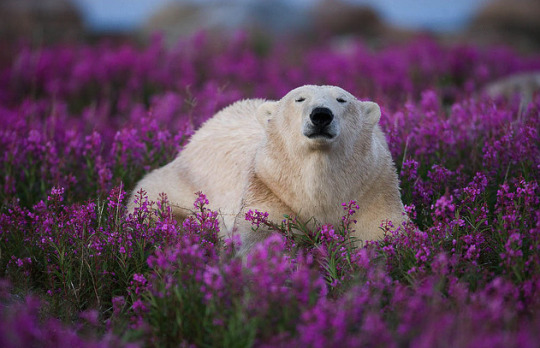
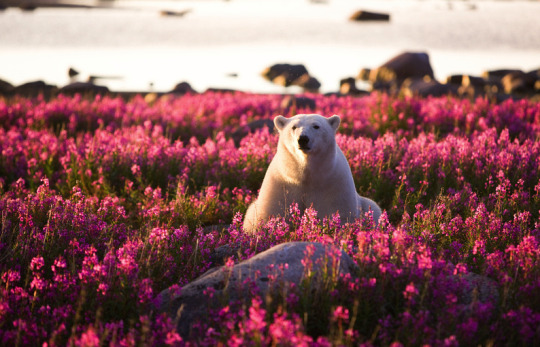
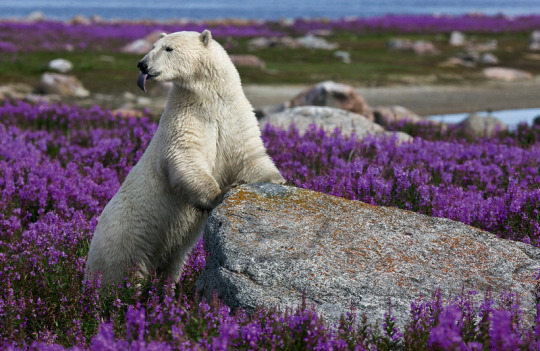
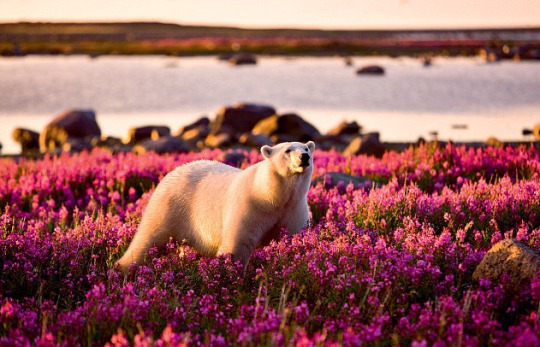
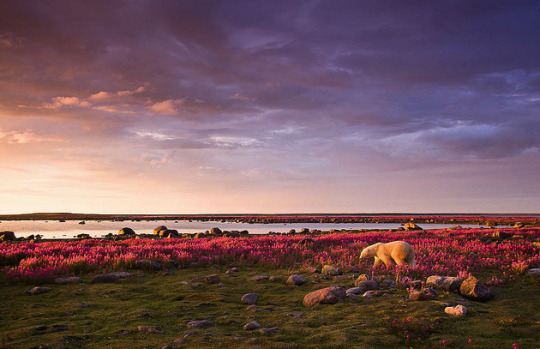
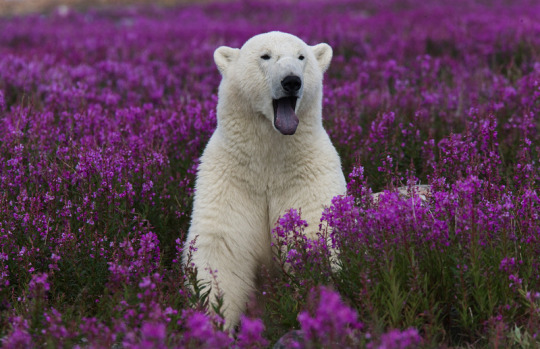
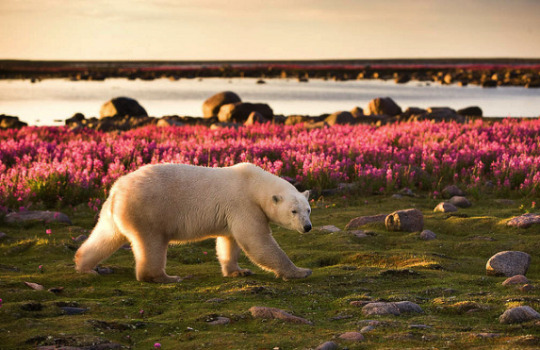
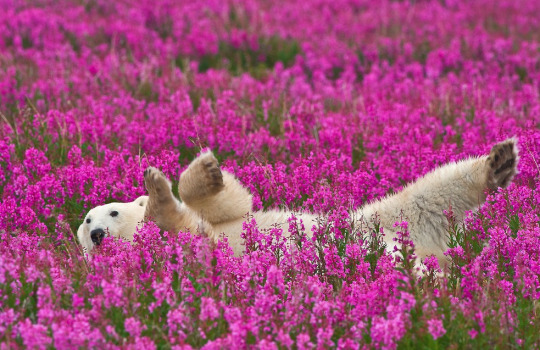
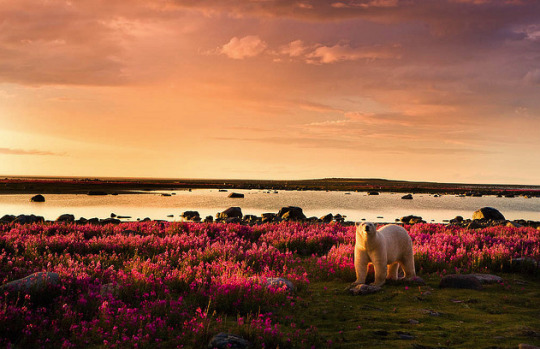
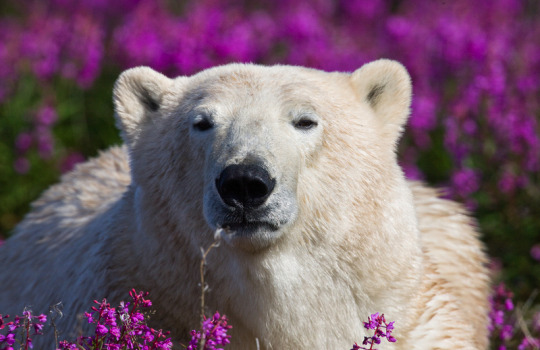
michael poliza in churchill manitoba, who noted “the polar bear was all by himself as they are very solitary animals anyway. but this one looked particularly sad as it wandered around, almost a though it didn’t understand where the snow had gone.” (more polar bear photos)
148K notes
·
View notes
Text
“Hello, my name is Hajime Isayama and this is my manga. It’s about a world dominated by monstrous humanoid cannibals, and the last vestiges of mankind (Germanic Europeans) must fight to maintain their borders and slaughter those horrible creatures that have subhuman intelligence and weird-looking faces and no dicks whenever they intrude.“
13K notes
·
View notes
